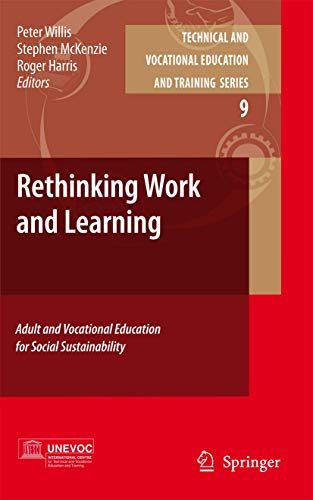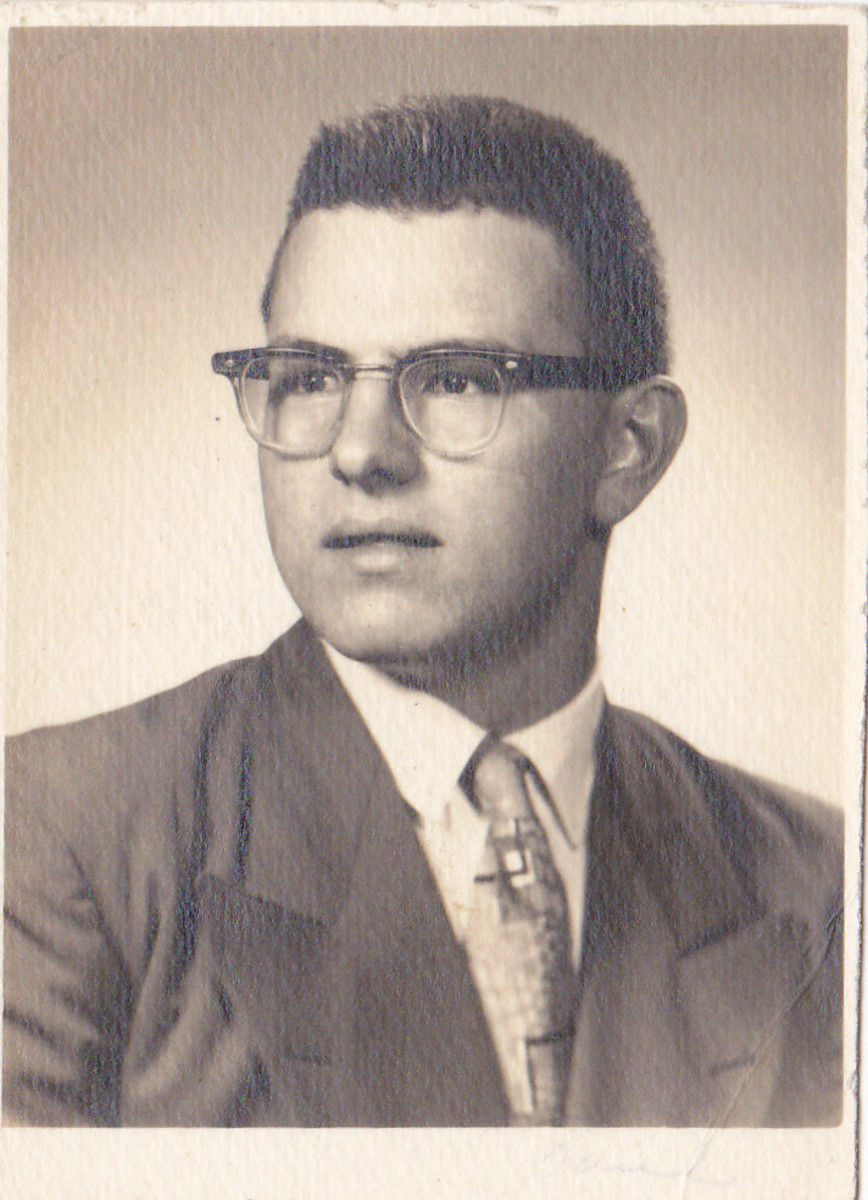Academic vs. Vocational Education
Check out my new book:
I just published my first book. If you click the link below, it will take you to a short hub that provides all of the details, including links to where it can be purchased:
A Song About Working With Your Hands
Who's Smarter, A Mechanic or a History Teacher?
What our society calls academics – reading, writing, math, etc. – always came fairly easily for me. I was reading little books before pre-school, and my parents still tell stories of me playing blackjack when I was four years old. School, therefore, was not a big problem, but then, in junior high school, I found myself in a woodshop class. For the first time, there was a distinct possibility that I might fail. For while academics came easily, doing anything with my hands – building, fixing, drawing, etc. – was always a struggle. (On my kindergarten “report card,” the only area marked for needs improvement was “cutting with scissors.”) A gene must have skipped a generation because my dad is an engineer who always seemed to be able to draw, fix, or build just about anything. When trying to fix or create anything with my hands, my mind cannot even visualize how things are supposed to be put together. It’s like my brain is just not wired that way.
Fortunately for me, I got some help in wood shop. There was a student in the class who I kind of knew who was able to help me out with some of the more complicated parts of building our little class projects (which for me, was every part). I was not merely a leech, however, because he happened to sit next to me in Biology class. In return for his carpentry skills, I gave him some, shall we call it, “aid” in getting through. So discounting the ethics of our behavior, this whole experience raises a simple question for me. Which of the two of us was smarter? I suspect that most people have been trained to say that I was, indicating an educational bias favoring academic over technical intelligence.
When I was getting a teaching credential, teachers often criticized an “old-fashioned” concept called “tracking.” Tracking referred to the practice of placing students on different academic paths at the beginning of high school. Some would be placed on the college prep track and would take classes necessary to enter four-year universities. Others would take more technical, “vocational” courses that might prepare them for future trade schools or for immediately entering the world of work. This practice was, and still is, criticized for numerous reasons. First, some saw this as a form of labeling. If a student was placed on the vocational track as a freshman, the non-technical academic expectations for that student – from teachers, parents, and the students themselves – would be lowered, and the result would be a self-fulfilling prophecy. Students would tend to meet these lowered expectations, and they would be “cursed” to a life performing lower status jobs. Some worried that stereotyping based on race and social class might also determine the track into which a student was placed. Poorer students and ethnic minority groups, either because of the bias of educators or because these students struggled academically in grammar school due to difficult circumstances, would tend to be placed on the vocational track. This would then become a system for maintaining the social and economic inequalities in American society. Others might argue that freshmen in high school are too young to be placed into what is essentially a “major.” In high school, everyone should have an equal chance to explore different fields and find out where their skills and interests lie.
While I understand and sympathize with these anti-tracking arguments, I can’t help thinking that some of this hostility is based on two flawed assumptions. First, there is the bias mentioned earlier toward academic education. For some reason, a person skilled at working with their head is viewed as smarter than one talented with their hands. Some of this bias is the result of living in an increasingly industrial, commercial, technology driven society in which the high status jobs require more mental than physical labor. Still, there will always be a need for people who can fix cars, construct buildings, do electrical work, and repair broken plumbing. Without people doing these things, someone like me would be screwed. I would also be screwed, by the way, if my intelligence level was calculated on the basis of my technical skills. So why do we pass judgment on those who struggle in a History class but thrive when building or fixing things? After all, in many cases, the person who runs his or her own business performing technical tasks makes more money than a college History teacher like myself. So who’s smarter now?
Anti-tracking arguments are also based on the assumption that all students should be fit into the same mold. Some people, for whatever reason, are not going to thrive at a four-year university. Some will not even be able to make it in a college prep high school program. If I was forced to pursue a technical degree of some kind because it was the only path available, there is a good chance that I would not make it as well. By trying to turn everyone into a future college graduate, high schools may be losing a lot of kids who might have thrived taking more technical courses. Sure, it is possible that fourteen-year-olds may not be quite ready to choose a career path. It is also possible that teachers will consciously or unconsciously steer certain people to a career path that they (the teachers) view as lower status. Students may also choose at this young age to follow a path that seems easier. Still, when I think about this issue, it always comes back to a simple question: What is better, a large number of high school dropouts who failed in an attempt to follow the college prep track, or a larger number of high school graduates who made it because vocational programs were made available? A technical degree, after all, is much better than no degree. Plus, if at some point a person goes back to school to pursue the college path, society can easily applaud these efforts, provide necessary resources, and not mock them for being an adult in high school or give them a big, “I told you so.” Adult education institutions - and my favorite places, community colleges - must be kept strong so that people can always go back for an educational “do-over.” If nothing else, this might help me keep my highly non-technical job of talking all day long.










